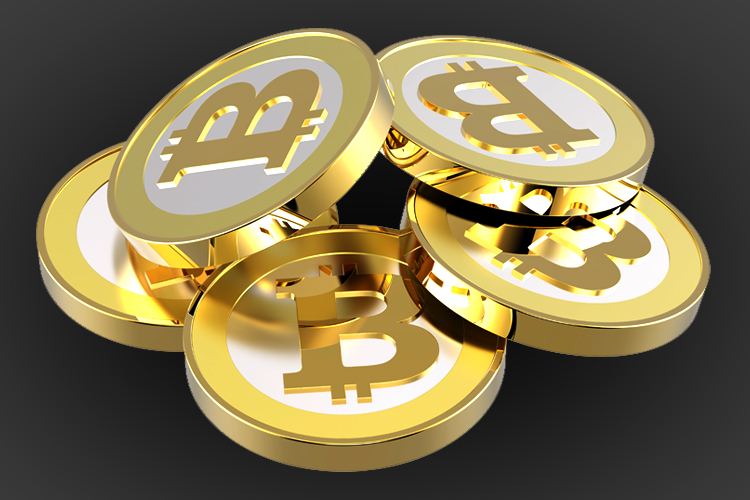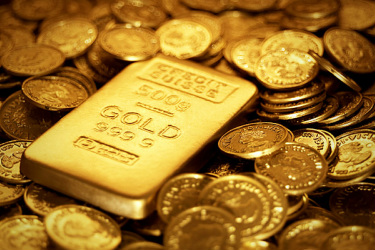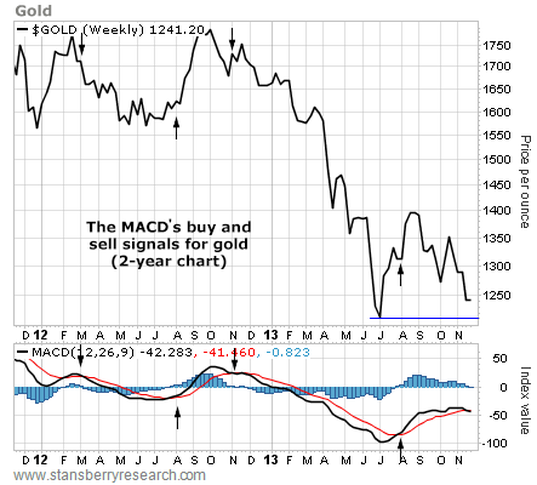By Philip Springer
The FBI recently shut down Silk Road, an online marketplace where sellers offered drugs, firearms and other illicit goods and services, taking Bitcoins as payment.
Bitcoin's advocates aim to make it a universal electronic currency. By a wide margin, Bitcoin is the best known among dozens of alternatives, collectively known as altcoins. PeerCoin, Litecoin and Anoncoin are some other altcoins.
Probably the main reason for the Bitcoin buzz is its soaring value. A year ago, Bitcoin was worth a few dollars. In November alone, the price has climbed from $215 to $1,000 on Mt. Gox, the leading altcoin exchange. Meanwhile, Bitcoins were trading for $950 on Bitstamp, the second most popular exchange, and for $915 on BTC-e.
The supply of Bitcoins recently stood at 12 million, worth about $12 billion at recent prices.
SecondMarket's Bitcoin Trust "invests" in Bitcoins. SecondMarket is an online security brokerage specializing in illiquid assets. And at least one mutual fund is in the works.
Bitcoin is actually both a digital currency and a payment system. To get Bitcoins, you have to first set up a "wallet," probably online at a site such as Blockchain.info. You then pay a willing seller the necessary hard currency to transfer the coins into that wallet.
A growing number and variety of US merchants are starting to accept Bitcoins as payment.
The Silk Road closing highlighted a key Bitcoin attribute: theoretical user anonymity, which enables secret transactions of various kinds. A network keeps track of all transactions made using Bitcoins but it doesn't know who is using them or for what, just the computer "wallet" IDs. Yet every transaction is publicly available for anyone to examine in the "blockchain," a global, permanent ledger.
Strangely, the government of China evidently has endorsed the use of Bitcoin. Some say it's because of the hope that digital money will undermine the dollar's status as the world's reserve currency. A subsidiary of Baidu Inc. (NSDQ: BIDU), China's top search engine, started to accept Bitcoins last month.
Bitcoin supporters contend that it some day could become an effective alternative to government currencies or a cheap way to move money around the world.
But Bitcoin's manic price movements undermine its credibility as a currency. Real currencies usually have relatively stable values, making them good units of exchange. And Bitcoin already has numerous competitors.
In addition, the Bitcoin system evidently isn't completely secure. Numerous thefts of Bitcoins from encrypted accounts have been reported. These inevitably will grow in number with Bitcoin's popularity and, for now, value.
Bitcoin itself was invented in 2008 by one or more computer programmers using the pseudonym Satoshi Nakamoto. His, her or their identity is still unknown.
Altcoin values are set partly through complicated mathematical algorithms and partly by what people think they should be worth at any time.
Bitcoins are created, or "mined," by rewarding computer operators who solve a mathematical algorithm that grows increasingly difficult, which in turn slows the supply growth of Bitcoins. An algorithm limits the total number of Bitcoins ever mined to 21 million units, which is expected to occur by 2140.
It is extremely likely that governments ultimately will aim to regulate Bitcoin if its market gets big enough. Money is a tool of the state. Governments will not allow creation of an independent world currency outside of their control.
Meanwhile, it seems that the main reason people are willing to pay rising prices for Bitcoin is because other people also are willing to. Just like the Dutch tulip mania of the 17th century, probably the biggest financial bubble of all time.
The FBI recently shut down Silk Road, an online marketplace where sellers offered drugs, firearms and other illicit goods and services, taking Bitcoins as payment.
Bitcoin's advocates aim to make it a universal electronic currency. By a wide margin, Bitcoin is the best known among dozens of alternatives, collectively known as altcoins. PeerCoin, Litecoin and Anoncoin are some other altcoins.
Probably the main reason for the Bitcoin buzz is its soaring value. A year ago, Bitcoin was worth a few dollars. In November alone, the price has climbed from $215 to $1,000 on Mt. Gox, the leading altcoin exchange. Meanwhile, Bitcoins were trading for $950 on Bitstamp, the second most popular exchange, and for $915 on BTC-e.
The supply of Bitcoins recently stood at 12 million, worth about $12 billion at recent prices.
SecondMarket's Bitcoin Trust "invests" in Bitcoins. SecondMarket is an online security brokerage specializing in illiquid assets. And at least one mutual fund is in the works.
Bitcoin is actually both a digital currency and a payment system. To get Bitcoins, you have to first set up a "wallet," probably online at a site such as Blockchain.info. You then pay a willing seller the necessary hard currency to transfer the coins into that wallet.
A growing number and variety of US merchants are starting to accept Bitcoins as payment.
The Silk Road closing highlighted a key Bitcoin attribute: theoretical user anonymity, which enables secret transactions of various kinds. A network keeps track of all transactions made using Bitcoins but it doesn't know who is using them or for what, just the computer "wallet" IDs. Yet every transaction is publicly available for anyone to examine in the "blockchain," a global, permanent ledger.
Strangely, the government of China evidently has endorsed the use of Bitcoin. Some say it's because of the hope that digital money will undermine the dollar's status as the world's reserve currency. A subsidiary of Baidu Inc. (NSDQ: BIDU), China's top search engine, started to accept Bitcoins last month.
Bitcoin supporters contend that it some day could become an effective alternative to government currencies or a cheap way to move money around the world.
But Bitcoin's manic price movements undermine its credibility as a currency. Real currencies usually have relatively stable values, making them good units of exchange. And Bitcoin already has numerous competitors.
In addition, the Bitcoin system evidently isn't completely secure. Numerous thefts of Bitcoins from encrypted accounts have been reported. These inevitably will grow in number with Bitcoin's popularity and, for now, value.
Bitcoin itself was invented in 2008 by one or more computer programmers using the pseudonym Satoshi Nakamoto. His, her or their identity is still unknown.
Altcoin values are set partly through complicated mathematical algorithms and partly by what people think they should be worth at any time.
Bitcoins are created, or "mined," by rewarding computer operators who solve a mathematical algorithm that grows increasingly difficult, which in turn slows the supply growth of Bitcoins. An algorithm limits the total number of Bitcoins ever mined to 21 million units, which is expected to occur by 2140.
It is extremely likely that governments ultimately will aim to regulate Bitcoin if its market gets big enough. Money is a tool of the state. Governments will not allow creation of an independent world currency outside of their control.
Meanwhile, it seems that the main reason people are willing to pay rising prices for Bitcoin is because other people also are willing to. Just like the Dutch tulip mania of the 17th century, probably the biggest financial bubble of all time.



 RSS Feed
RSS Feed
